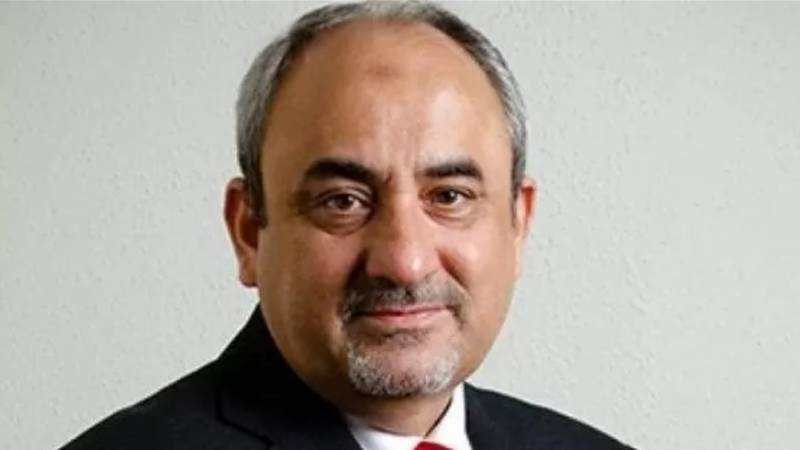CPEC attracted $25bn investment in the first Phase:Khalid Mansoor
While addressing the CPEC Industrial Cooperation B2B Investment Conference, Khalid Mansoor, Special Assistant on CPEC affaris, stated that over $25 billion in foreign investment has been realized in the first phase of the project. He emphasized that Phase II of CPEC has begun and will be marked by expansion and development, ushering in the industrial revolution in Pakistan. Furthermore, he stated that Pakistan’s energy crisis is over, and the country now has enough power to develop industries.
KARACHI: Special Assistant to the Prime Minister (SAPM) on the China-Pakistan Economic Corridor (CPEC) Khalid Mansoor has said the focus of investment under the multi-billion-dollar project is now going to be on environment-friendly initiatives.
Speaking at the CPEC Industrial Cooperation B2B Investment Conference on Monday, Mr Mansoor said upcoming projects under CPEC will mainly be in textile, information technology, agriculture and science and technology sectors.
“The perception is that CPEC is only for China. It’s not. We have investors from the United States, Germany, United Kingdom, Canada and the Netherlands. Close to 18 or 19 (of them) have already invested in Allama Iqbal (Industrial City),” he said while referring to one of the nine special economic zones or SEZs that are being developed under CPEC.
Allama Iqbal Industrial City is one of the five CPEC-related SEZs that the government is currently developing at a fast pace. Others include Dhabeji SEZ in Sindh, Rashakai SEZ in Khyber-Pakhtunkhwa and Bostan SEZ in Balochistan. The fifth fast-tracked SEZ is in Gwadar whose area has recently been increased from 60 acres to over 2,200 acres, Mr Mansoor said.
“We did that after receiving a lot of interest from Chinese investors who are contemplating the relocation of their industry to Gwadar,” he said.
Mr Mansoor said the successful execution of projects under CPEC will result in import substitution, export orientation and employment creation in a variety of sectors. “We’ll make Pakistan a manufacturing hub,” he said.
As many as 147 Chinese companies are already operating in Pakistan, he said, noting that their representatives visited the prime minister twice in recent months to express gratitude for the resolution of their outstanding problems.
He said the quickest way to become economically successful is to “do nothing but replicate what China has done”. The SPAM said China set up dedicated industrial zones and offered incentives to investors when the industry “matured” in Europe and North America many decades ago. “Now the cost of manpower has started increasing in China. It’s transitioning into hi-tech. It’s time for us to pursue the Chinese to invest in Pakistan,” he said.
He said the government has set up a state-of-the-art skill development and training institute in Gwadar, which will be operational within three months. “We don’t have to reinvent the wheel. We’ll replicate that model in other SEZs,” he said.
The SAPM noted power plants of 5,300 megawatts are already in place while projects of 3,500MW will become operational soon. “In the first phase of CPEC, we’ve already realised $25 billion investment,” he added.
Speaking on the occasion, Adviser to the Prime Minister on Commerce Abdul Razak Dawood said trade data for March is going to be “pivotal” with exports likely to record a surge this month.
He said the country has rationalised its tariff structure substantially, adding that he’ll get tariffs further reduced in the budget for 2022-23.
“We must move away from being a trading economy to a manufacturing economy. We must export, export, export.”
Chinese envoy Zhao Shiren urges students to uphold integrity and strengthen China-Pakistan ties
LAHORE:The Consul Generals from several countries and other distinguished guests attended …











